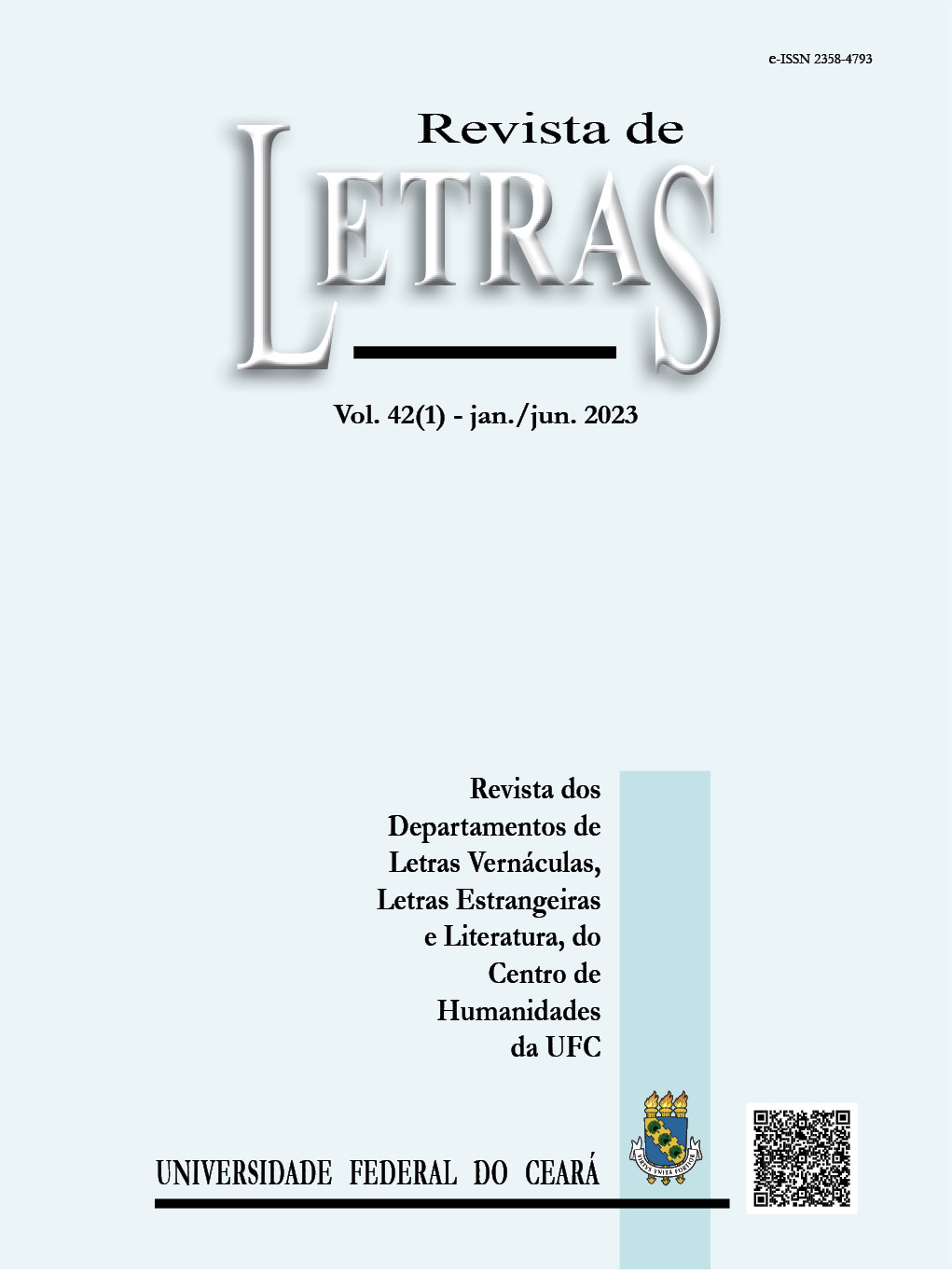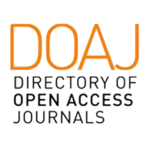CARTOGRAPHY OF A TRANSLATION COMMENTARY
DOI:
https://doi.org/10.36517/revletras.42.1.21Abstract
To widen reflections on research in Translation Studies, this paper proposes annotated translation as a cartographic writing of the translation zone. The territory is the translation of psychoanalytical theories. The translation zone follows the trail of clues left in situations where the term immixing, referring to the subject of the unconscious, is presented in Jacques Lacan's theory. We work with the translations of this term starting from its presentation in the 1966 lecture: Of structure as an immixing of an otherness prerequisite to any subject whatever. We go through other places in Lacan's translations where the term appears. We arrive at productions of Latin American psychoanalysts linked to his work. We sense that, at the time of the so-called Baltimore Conference, Lacan chose to mix languages, pointing out the potential of translation. In our tracks, the languages of translation present the force of multiplicity. These signs of deterritorialization cease when, through translation, the institutional form stabilizes the utterances.
Downloads
Downloads
Published
How to Cite
Issue
Section
License
Copyright (c) 2023 Revista de letras

This work is licensed under a Creative Commons Attribution 4.0 International License.
Autores que publicam nesta revista concordam com os seguintes termos:- Autores mantêm os direitos autorais e concedem à revista o direito de primeira publicação, com o trabalho simultaneamente licenciado sob a Licença Creative Commons Attribution que permite o compartilhamento do trabalho com reconhecimento da autoria e publicação inicial nesta revista.
- Autores têm autorização para assumir contratos adicionais separadamente, para distribuição não-exclusiva da versão do trabalho publicada nesta revista (ex.: publicar em repositório institucional ou como capítulo de livro), com reconhecimento de autoria e publicação inicial nesta revista.
- Autores têm permissão e são estimulados a publicar e distribuir seu trabalho online (ex.: em repositórios institucionais ou na sua página pessoal) a qualquer ponto antes ou durante o processo editorial, já que isso pode gerar alterações produtivas, bem como aumentar o impacto e a citação do trabalho publicado (Veja O Efeito do Acesso Livre).

.png)






.png)
